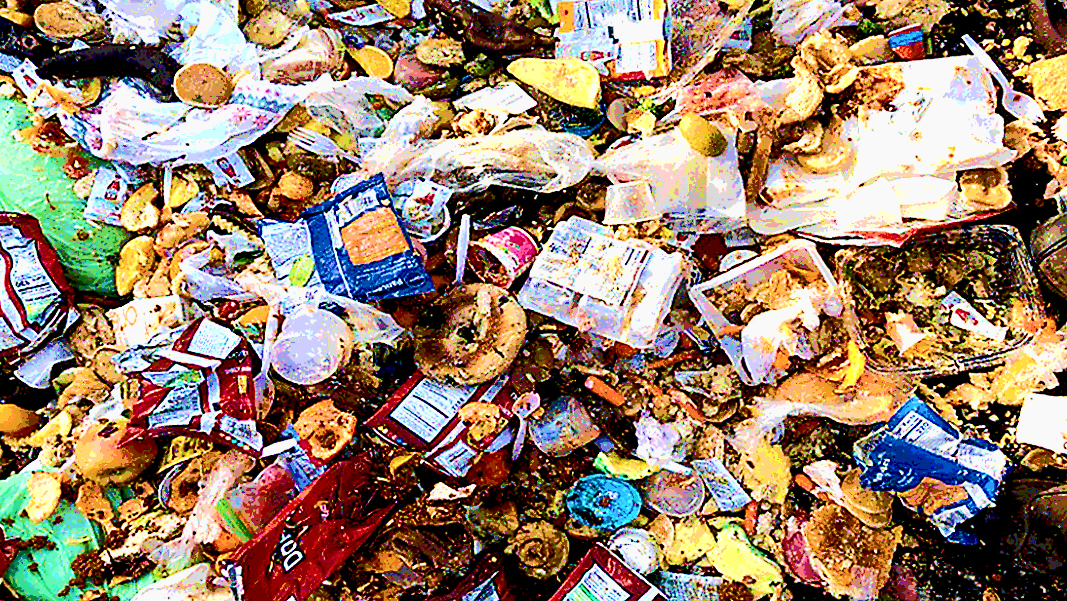Top: Photo courtesy of Shakopee Mdewakanton Sioux Community
On August 6, Oregon Governor Kate Brown signed a law that requires producers of packaging, paper products, and foodservice ware (consumer brands) to share responsibility for supporting effective recycling programs across the state. Oregon’s Plastic Pollution and Recycling Modernization Act makes it the second state in the U.S., after Maine, to enact an extended producer responsibility (EPR) law.
Under the new system, brand owners selling packaging, paper products, and foodservice ware into Oregon will join stewardship organization(s) and pay fees to support the improvement and expansion of recycling programs and infrastructure statewide. “With this new law, Oregon ratepayers will be provided a much more accessible, responsible, and stable recycling system,” notes Scott Cassel, CEO and founder of the Product Stewardship Institute (PSI). “It will also provide producers with the financial incentive to make their packaging more sustainable, and local communities with funding for reuse and waste prevention programs.”
Consumer brand payments will cover roughly one-quarter of the costs of a modernized recycling system. In contrast to Maine’s law, which covers all recycling costs, producers under Oregon’s law will not cover the costs of collection, which will continue to be paid for by residential and commercial ratepayers, explains Cassel. Local authorities will maintain operational control for collection services and public education programs, while producer funding will enable improvements such as recycling facility upgrades, broader collection services, and more accessible educational resources.
Producers will finance their obligations through fees on covered products that they pay to stewardship organizations. These fees will be based on factors such as recyclability, use of postconsumer recycled content, and the life-cycle impacts of the materials they use. The largest producers will also be required to perform life-cycle assessments on one percent of their products every two years. The new law will create a uniform statewide collection list and expand recycling access to multifamily housing and those living in rural and remote communities. Recycling processing facilities will also be required to meet new performance standards, such as for material quality and reporting, and will share responsibility with consumer brands for ensuring that collected materials reach socially and environmentally responsible end markets. The costs of meeting these new standards will also be offset by producer funding.
Section 41 of the Act, “Truth in composting,” discusses compostable packaging: “A person that operates or controls a collection program for yard debris or food waste or that operates or controls a compost facility may not promote for acceptance any material that cannot or will not be effectively composted. The [Oregon] Department of Environmental Quality, or entities approved by the department, may conduct research or pilot projects to examine the collection and compostability of materials and to identify materials that can and cannot be effectively composted. A pilot or research project may not exceed two years in duration.” Also noted in this section is that “nothing prevents a composting facility from accepting materials that are not readily compostable and are incidentally collected as part of a collection program.”










